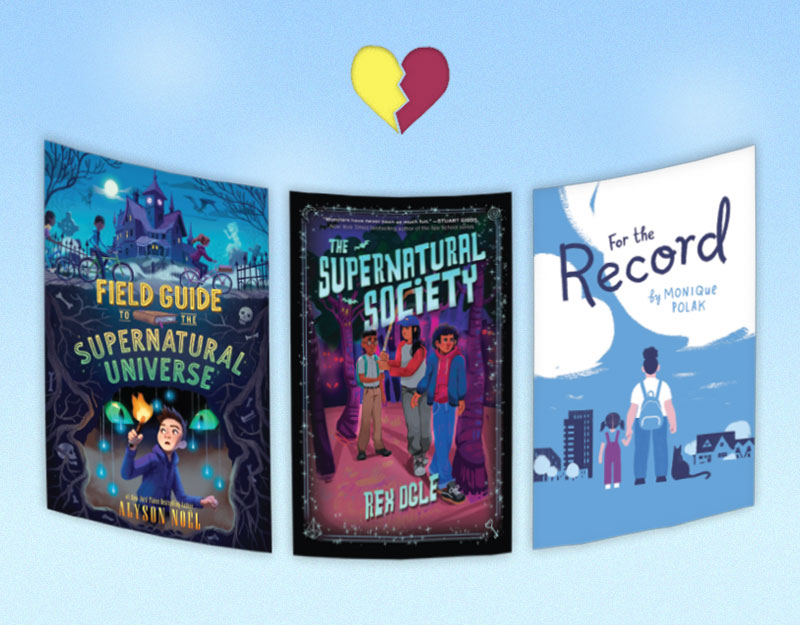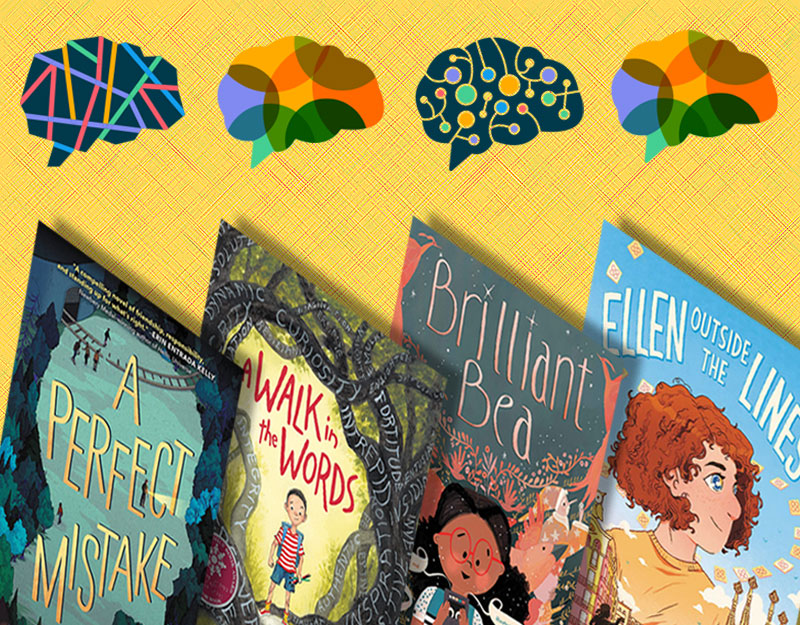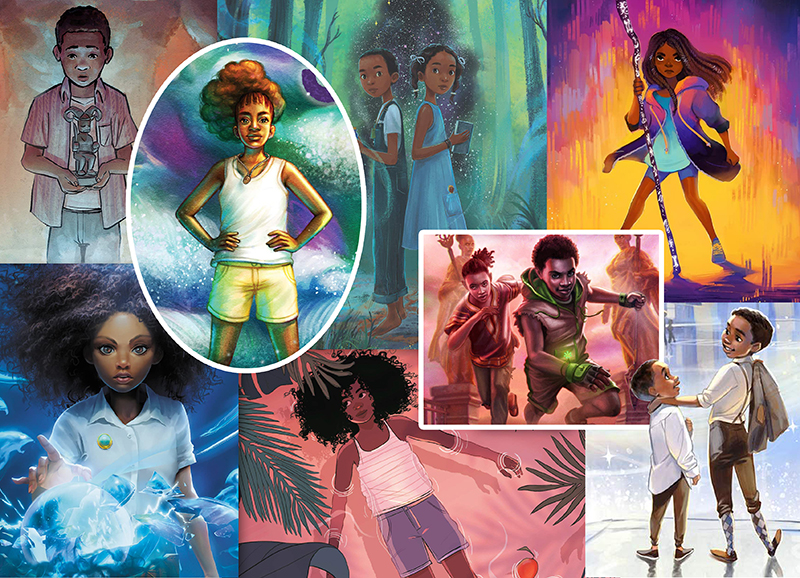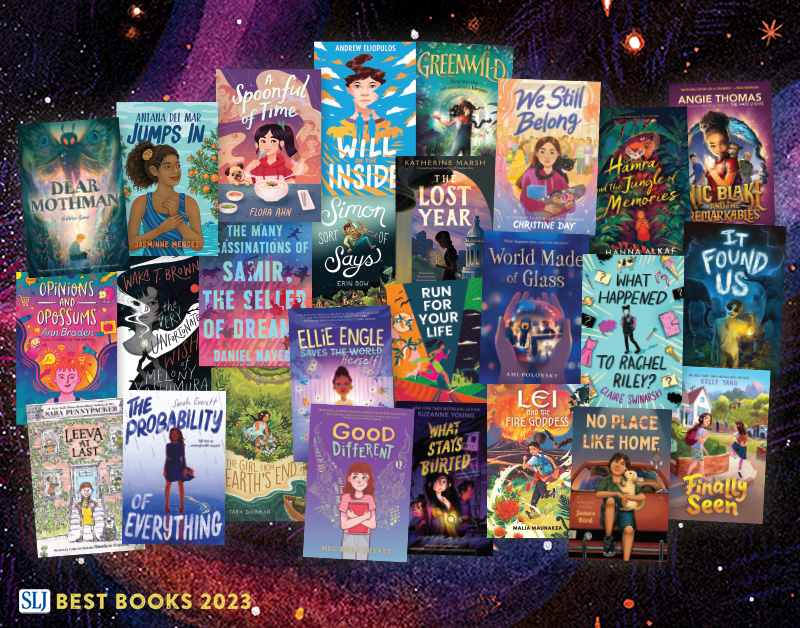#MHYALit: For Whom The Book Is Written: Addressing Intended Audience in YA Novels about Mental Illness, a guest post by Katherine Locke
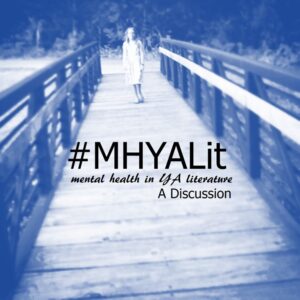 When we write, we write for an audience. That audience may be ourselves, our friends, people whom we want to understand us, a broader audience, or ourselves when we were younger. But whenever we sit down to write, especially for publication, there’s an intended audience.
When we write, we write for an audience. That audience may be ourselves, our friends, people whom we want to understand us, a broader audience, or ourselves when we were younger. But whenever we sit down to write, especially for publication, there’s an intended audience.
The way I see it, there are generally two types of books with mental illness at their core. The first type is for readers who suffer the same or similar mental illness. The other type is for outsiders, readers who don’t suffer that mental illness. The second group of readers might be curious, or pick up the book for other reasons, or have that type of mental illness in their family or friend group. But they don’t personally suffer through it themselves. This isn’t a quality statement–there are good and bad books in both groups–but it does change how I view, review, and recommend these books.
ADVERTISEMENT
ADVERTISEMENT
For example, a book about a character with anorexia could be for someone with anorexia nervosa, or for outsiders/non-sufferers who are curious (and there is endless cultural curiosity about anorexia).
In general, though there is one exception I’ve read which I’ll detail below, books for teens with anorexia do not include weight and numbers. Because anorexia isn’t about weight and numbers. It’s much deeper and more insidious of a disease than that. Eating disorder books which include numbers are for outsiders/non-sufferers. Weight and numbers are a way for outsiders/non-sufferers to understand the severity of the disease and they’re more tangible than the incongruous and seemingly irrational thoughts of an anorexic person.
Moreover, weights and numbers are one of the most common triggers for those thoughts to an anorexic person and merely reading them on paper can damage a recovering anorexic’s positive trajectory.
A novel that shows only the extremes of a mental disorder is usually–though not always–for outsiders. A novel that shows the nuances, ones that don’t fit a stereotype or introduce more complexity than may be seen on a TV show or in a movie, is for the people who are intimately aware that a disorder is no less real or a part of their lives on an everyday basis, not just in moments of crisis. When I say, “is for,” I don’t mean that one group cannot read the books intended for the other group. I’m speaking of intent, audience, and for whom that book might have the greatest impact.
And more importantly, when recommending books to (or writing books for) teens who may be suffering from mental illness themselves or who have a family member, it may help to keep this in mind.
Which book do you reach for?
If a teen is suffering from mental illness, they often seek a reassurance that they aren’t alone, that they’re understood, and that there’s a way out (or a way to a middle ground). They rarely need to know what Worse Case Scenario looks like–they need or want to be reassured that they are not the worse case scenario.
A teen whose parent, sibling, guardian, or close friend is suffering from a mental illness might want a book for outsiders, that helps explain why the person does the thing they do, and one that shows how outsiders can best support the ill person.
There are crossover books, and I do want to highlight a few of my favorites.
ADVERTISEMENT
ADVERTISEMENT
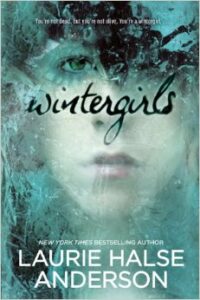 Laurie Halse Anderson’s Wintergirls is one of those books. While I am extremely careful when recommending it to teens with anorexia due to the numbers written on the page, I also think it’s one of the best YA novels about anorexia for people suffering. Lia’s hope at the end, for me, is enough to tip the scales toward for sufferers, though I’d only give it to a teen solidly in recovery. I’ve seen too many quotes from that book flying around pro-anorexia tumblrs and Pinterest (an issue also addressed in the book) to give to someone not working with a team of professionals. But I also think it functions very well for explaining the thought process, the re-rationalized thoughts, and the frustration of someone who wants to get better and yet doesn’t at the same time. In that way, it’s an excellent book for outsiders.
Laurie Halse Anderson’s Wintergirls is one of those books. While I am extremely careful when recommending it to teens with anorexia due to the numbers written on the page, I also think it’s one of the best YA novels about anorexia for people suffering. Lia’s hope at the end, for me, is enough to tip the scales toward for sufferers, though I’d only give it to a teen solidly in recovery. I’ve seen too many quotes from that book flying around pro-anorexia tumblrs and Pinterest (an issue also addressed in the book) to give to someone not working with a team of professionals. But I also think it functions very well for explaining the thought process, the re-rationalized thoughts, and the frustration of someone who wants to get better and yet doesn’t at the same time. In that way, it’s an excellent book for outsiders.
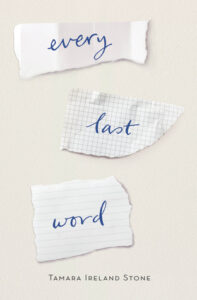 Anderson’s The Impossible Knife of Memory is an excellent book about a girl whose father suffers from Post-Traumatic Stress Disorder, while Trish Doller’s Something Like Normal shows a soldier’s return from war from the inside. Doller’s Where the Stars Still Shine is another crossover book that shows the complexity of mental illness and its ripple effects on the people around a sufferer without ever demonizing mental illness itself. Emery Lord’s When We Collided is an excellent book that crosses over, showing both a character whose bipolar disorder isn’t well managed and ricochets across the page, and a character affected by his mother’s depression and the other character’s mental illness. Tamara Ireland Stone’s Every Last Word is about a character with OCD that shows OCD without diving deep enough to be triggering (in my experience).
Anderson’s The Impossible Knife of Memory is an excellent book about a girl whose father suffers from Post-Traumatic Stress Disorder, while Trish Doller’s Something Like Normal shows a soldier’s return from war from the inside. Doller’s Where the Stars Still Shine is another crossover book that shows the complexity of mental illness and its ripple effects on the people around a sufferer without ever demonizing mental illness itself. Emery Lord’s When We Collided is an excellent book that crosses over, showing both a character whose bipolar disorder isn’t well managed and ricochets across the page, and a character affected by his mother’s depression and the other character’s mental illness. Tamara Ireland Stone’s Every Last Word is about a character with OCD that shows OCD without diving deep enough to be triggering (in my experience).
This issue is something I think about often, and that I am still wrestling with in my own recommendations, reviews, and writing. I don’t think there’s any easy answer to what you recommend kids or teens who are suffering themselves from a mental illness or who are experiencing someone else’s mental illness. But I do think we need to think about the intended audience of a book to reduce harm–I learned eating disorder behaviors from books when I was in my late teens–and make sure we create space in our communities for teen readers to safely discuss these books.
Meet Katherine Locke
 Katherine Locke lives and writes in a very small town outside of Philadelphia where she’s ruled by her feline overlords and her addiction to chai lattes. She not-so-secretly believes most stories are fairy tales in disguise. Her Young Adult debut, THE GIRL WITH THE RED BALLOON, arrives Fall 2017 from Albert Whitman & Company. She can be found online at @bibliogato on Twitter and KatherineLockeBooks.com
Katherine Locke lives and writes in a very small town outside of Philadelphia where she’s ruled by her feline overlords and her addiction to chai lattes. She not-so-secretly believes most stories are fairy tales in disguise. Her Young Adult debut, THE GIRL WITH THE RED BALLOON, arrives Fall 2017 from Albert Whitman & Company. She can be found online at @bibliogato on Twitter and KatherineLockeBooks.com
Filed under: #MHYALit
About Amanda MacGregor
Amanda MacGregor works in an elementary library, loves dogs, and can be found on Twitter @CiteSomething.
ADVERTISEMENT
ADVERTISEMENT
SLJ Blog Network
The Moral Dilemma of THE MONSTER AT THE END OF THIS BOOK
Cover Reveal and Q&A: The One and Only Googoosh with Azadeh Westergaard
K is in Trouble | Review
Fighting Public School Book Bans with the Civil Rights Act
ADVERTISEMENT



